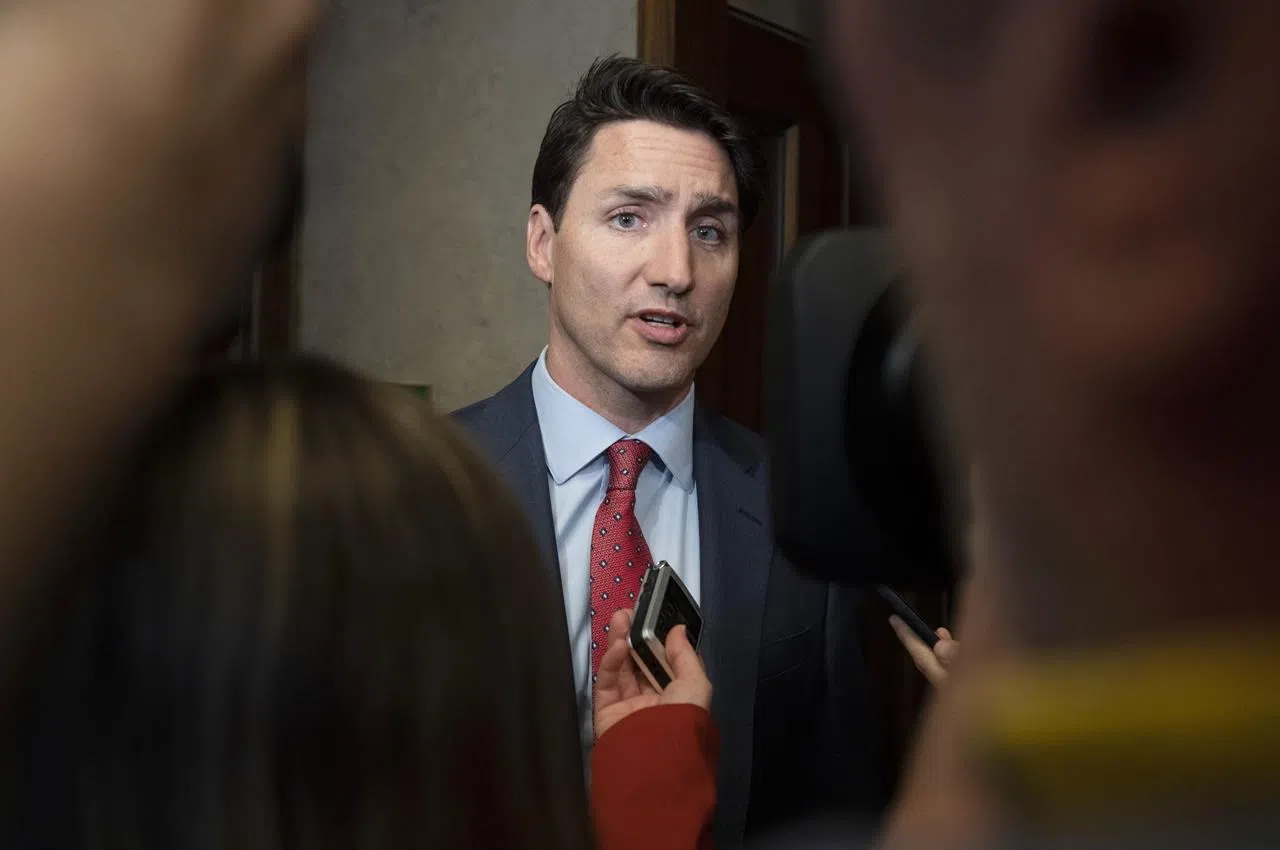
In Liberal, Tory battle over deficits, both messages click, poll suggests
OTTAWA — With a federal election looming this fall, the Liberals and Conservatives are bracing for an ideological battle that pits the merits of balancing the books against spending on consumer confidence — and many Canadians may actually agree with both of them, a new poll suggests.
The Leger poll was conducted for The Canadian Press this week shortly after the government released its latest federal budget, which promises billions in new spending on measures like job retraining, services for seniors and incentives for first-time homebuyers.
The budget also leaves government coffers with average annual deficit of around $18 billion over the last four years — a far cry from the modest deficits and balanced 2019 books that Prime Minister Justin Trudeau promised during the 2015 election campaign.
The Liberals argue the spending is necessary to make a real difference in the lives of Canadians, while Conservatives accuse the government of wasting money and saddling future generations with unnecessary debt.


